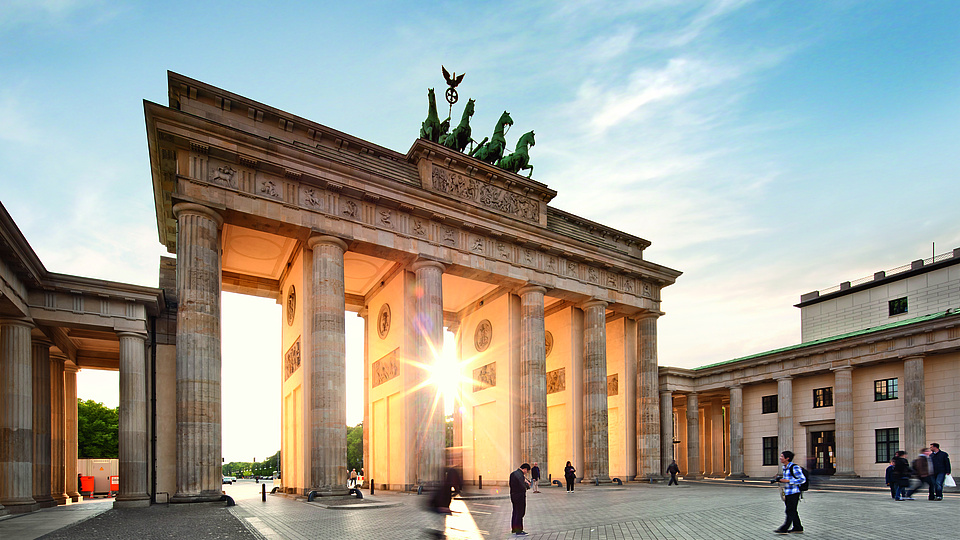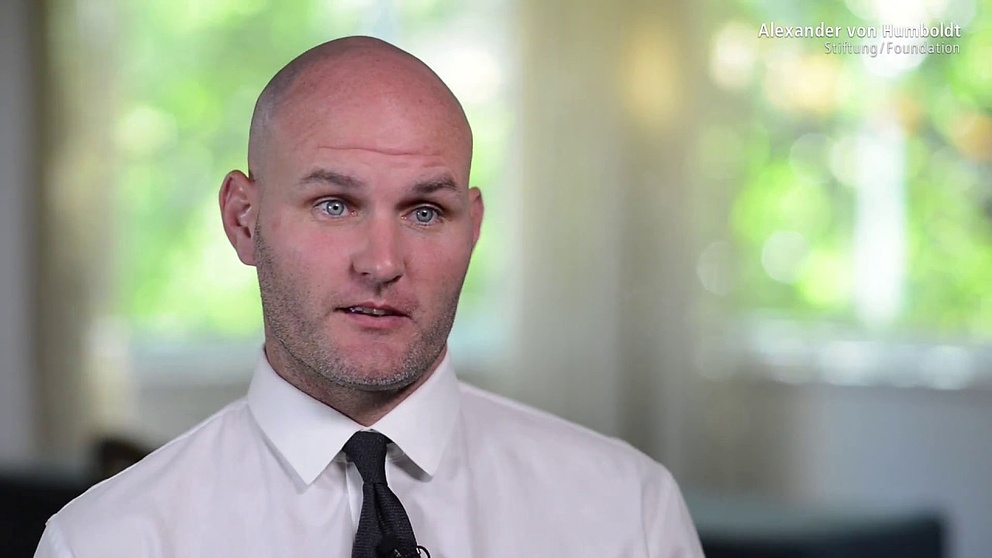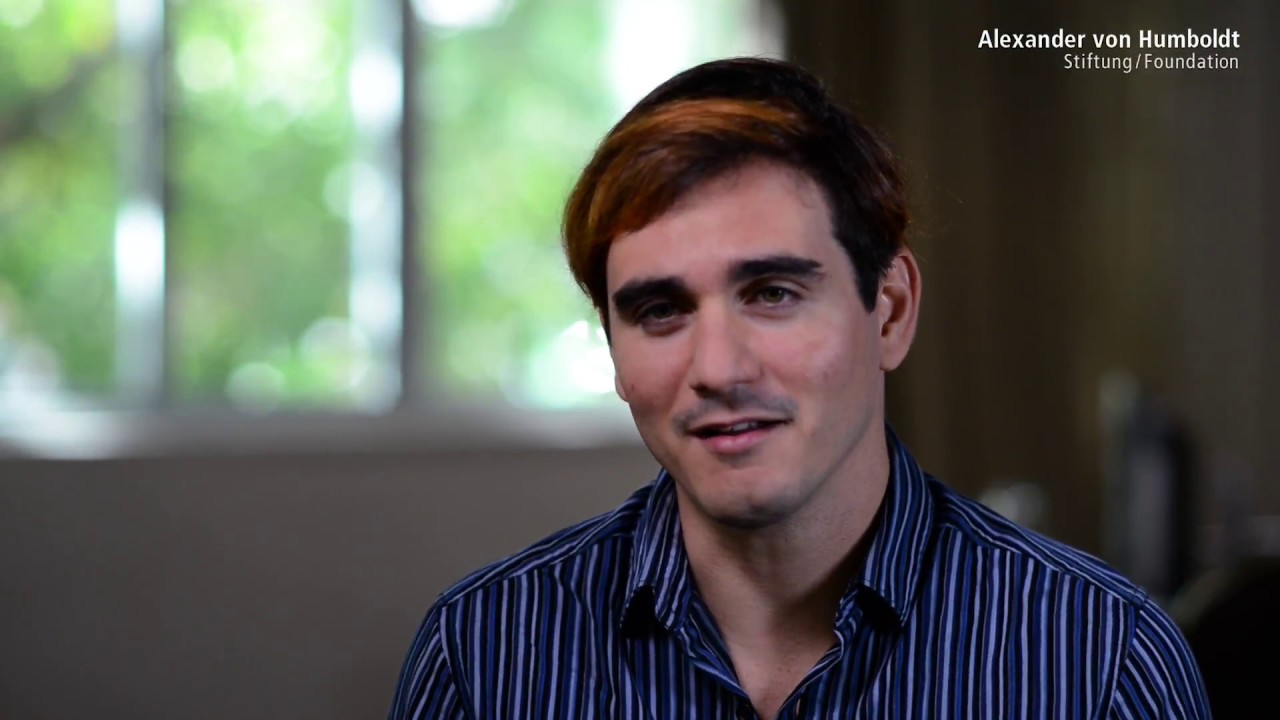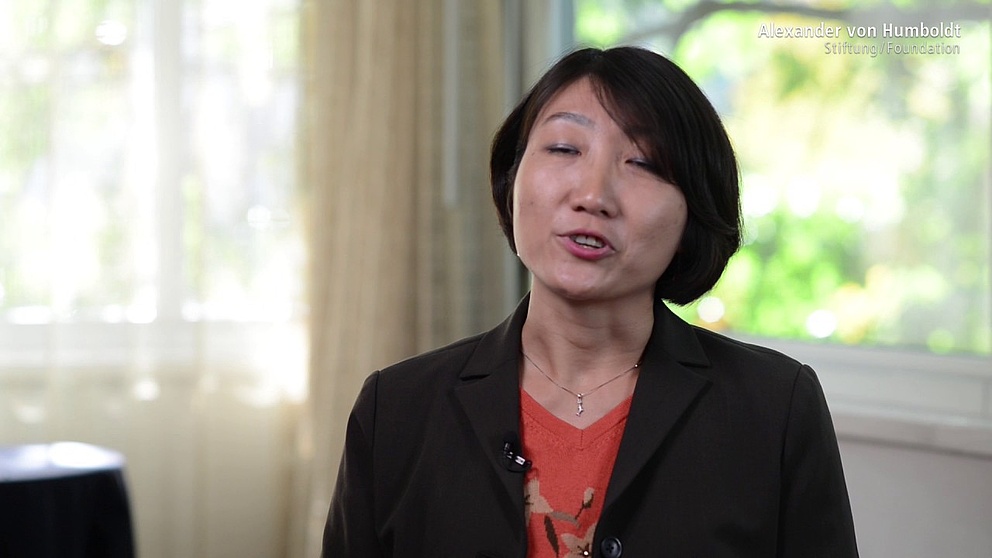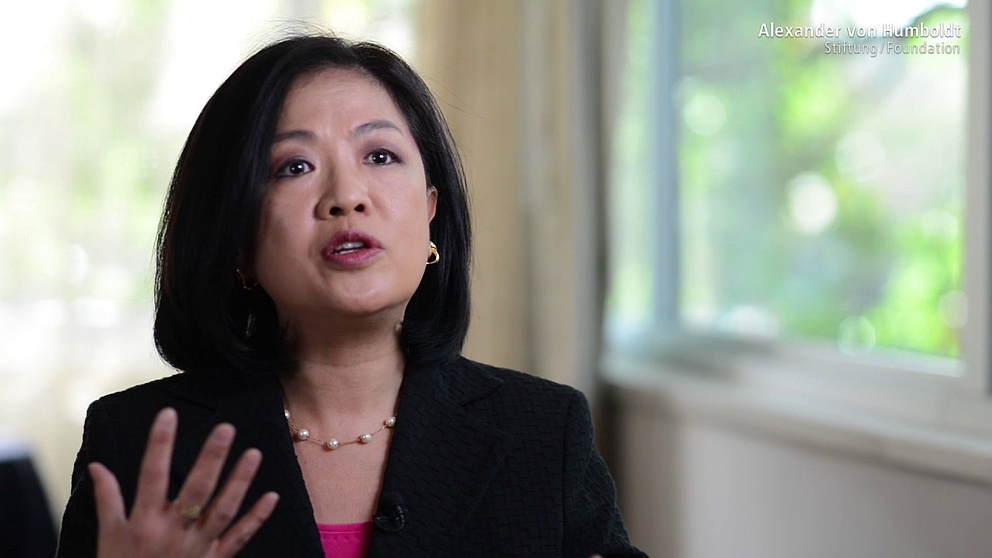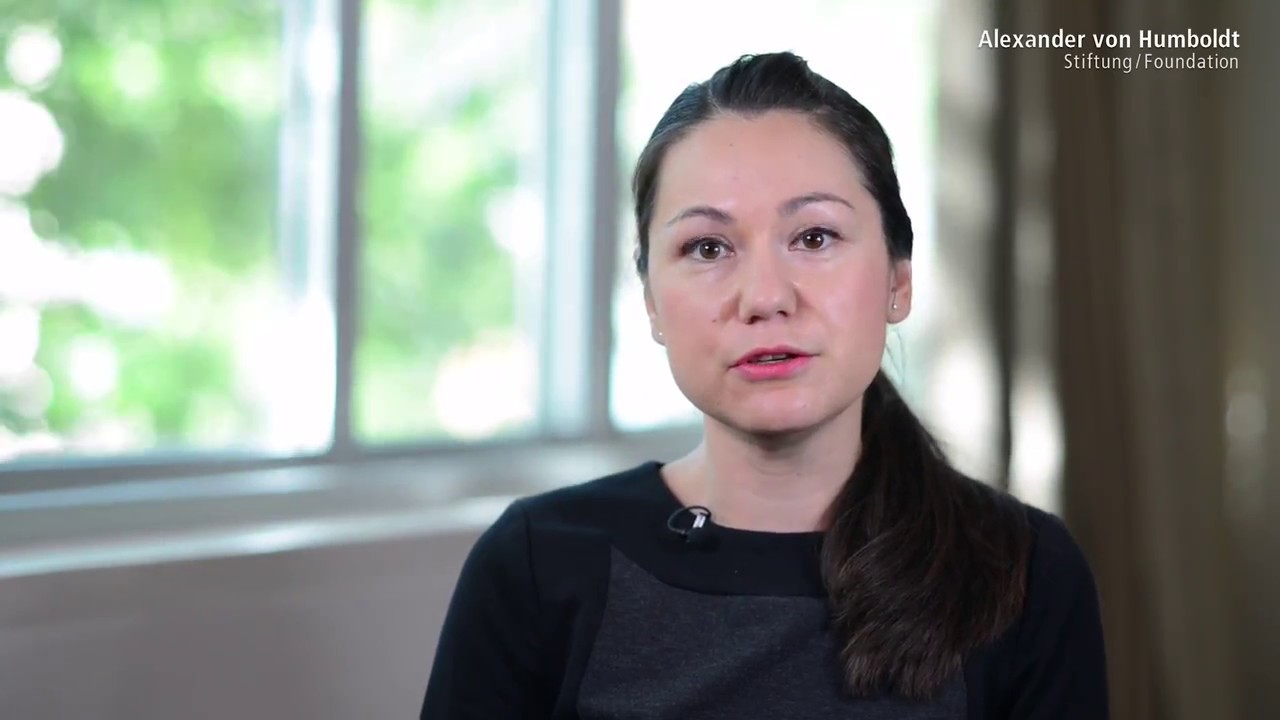Jump to the content
- {{#headlines}}
- {{title}} {{/headlines}}
Fellows report
Fellows, areas of research, projects
- German Chancellor Fellowships 2024/2025 (PDF, 3 MB)
- German Chancellor Fellowships 2023/2024 (PDF, 4 MB)
- German Chancellor Fellowships 2022/2023 (PDF, 2 MB)
- German Chancellor Fellowships 2021/2022 (PDF, 4 MB)
- German Chancellor Fellowships 2020/2021 (PDF, 4 MB)
- German Chancellor Fellowships 2019/2020 (PDF, 2 MB)
- German Chancellor Fellowships 2018/2019 (PDF, 2 MB)
- German Chancellor Fellowships 2017/2018 (PDF, 2 MB)
- German Chancellor Fellowships 2016/2017 (PDF, 2 MB)
- German Chancellor Fellowships 2015/2016 (PDF, 2 MB)
- German Chancellor Fellowships 2014/2015 (PDF, 2 MB)
- German Chancellor Fellowships 2013/2014 (PDF, 568 KB)
Sadaf Fatima
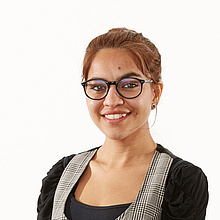
Today, everyone in the world, and particularly in developing and newly industrialising countries, wants to conserve energy. Some of architect Sadaf Fatima’s clients would also like energy-efficient homes. However, Sadaf Fatima wasn’t satisfied with the models that have been available in India to date: They don’t reflect the region’s climatic conditions and promise to save more energy than they actually do. As one of the first German Chancellor Fellows from India, she now has an opportunity to work together with the inventor of one of the most successful concepts for resource-efficient construction at the Passive House Institute in Darmstadt. It is her aim to build the first prototype of a passive house in India with a local partner.
Networking with her host has also opened doors beyond bilateral cooperation between Germany and India for her ‒ for example, for a study visit in Tenerife. This was particularly interesting for her because the climate there is similar to the climate in certain regions of India. In any case, she will gain in reputation through her work at the renowned institute. And she also won’t forget the Christmas she shared with 15 other Humboldt Fellows in Heidelberg.
Suzana Velasco
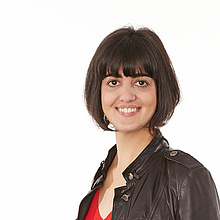
Suzana Velasco came to Germany with an exchange programme for three months in 2013. During this time she made initial contact with her current host, the Network Migration in Europe, where she is a German Chancellor Fellow today. Her search for a host for her application constituted both a challenge and an opportunity for her. She recommends giving a lot of thought to one’s project and then looking for and approaching suitable institutions on a very targeted basis. Ideally the project should lead to a win-win situation for both sides.
Suzana Velasco’s work focuses on narratives of Turkish migration in Berlin. The subject of migration is highly relevant in Brazil as well because extremely disparate social groups ‒ such as unskilled immigrants and doctors who have been recruited by the government ‒ are currently coming to the country. Suzana Velasco has already made out a difference between Germany and Brazil: “Our society is not prepared for this. There are no organisations, like Germany has, that help the new arrivals, no structures. In Germany, immigration is the subject of discussion in the media and society every day. This is not the case in Brazil.”
Friendly exchanges and discussions with her co-fellows are a big help. She is certain that following her fellowship she will tackle new duties with more experience and self-confidence. And with the Humboldt Foundation’s network behind her.
Jason Mannix
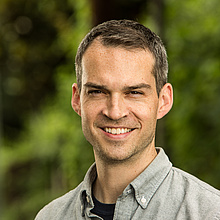
Nowadays, fonts are created by computers. Typography has little to do with inkwells, paper, quills and nibs any more. Graphic designer and German Chancellor Fellow, Jason Mannix, rediscovered some traditional craftsmanship whilst investigating Fraktur, an old typeface often referred to as Blackletter, at the “Typographische Gesellschaft” in Munich. Attempting to find a better balance between technology and tradition he has developed a new typeface and explains, “There is virtually no demand for penmanship and handwriting in the digital world of text messages and e-mails. I want to revive Blackletter as a creative form of expression, to reclaim some of its familiarity and to re-establish a stronger sense of craft in my own professional development.”
Together with his wife Lindsay, he also enjoyed the time they spent in Germany from 2009 to 2010 on a private level and took many wonderful memories back home. He savoured his stay with all his senses: from the World Cup with Özil and Schweinsteiger, via the aromas of Christmas markets, to buttered pretzels, the asparagus season and Pelican ink on his fingers.
Dandan Wang
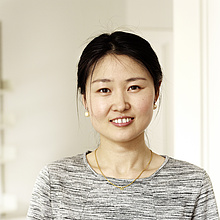
Wang Dandan studied German language and culture in Beijing. She came to Germany for the first time on a German-Chinese exchange programme for journalists, and German-Chinese media became a subject she could not stop thinking about. So she applied to the Humboldt Foundation for a German Chancellor Fellowship – and was successful. In her project she examined The Frankfurt Book Fair as seen by the German and Chinese Media. What intrigued her was the insight that, by fostering mutual understanding, the media on both sides can help to avoid misunderstandings and to promote German-Chinese communications.
Wang is currently a trainee in the Corporate Communications & Government Relations Department at BASF in Ludwigshafen where she wants to learn more about internal and external communications in an international corporation.
